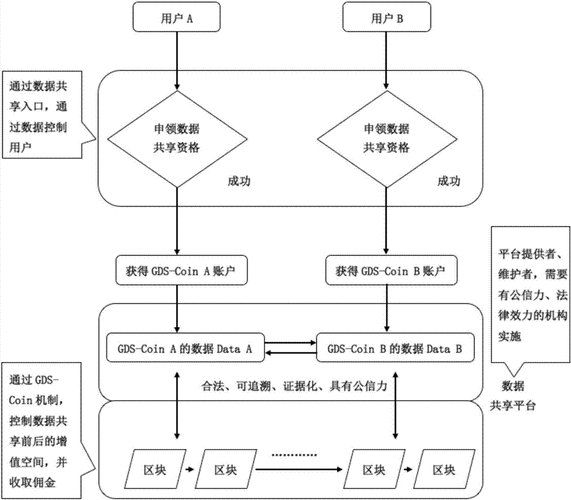Title: Understanding Accounting Processes in Blockchain Enterprises
In the realm of blockchain enterprises, accounting processes are pivotal for ensuring transparency, accuracy, and compliance with regulatory standards. The unique characteristics of blockchain technology bring both challenges and opportunities to traditional accounting practices. Let's delve into the accounting processes in blockchain enterprises to comprehend how they operate and what distinguishes them from conventional methods.
1. Introduction to Blockchain Accounting
Blockchain technology introduces a decentralized and immutable ledger system, where transactions are recorded in blocks and linked together in a chronological chain. This transparent and tamperproof nature revolutionizes accounting processes by offering enhanced security, transparency, and efficiency.
2. Transaction Recording
In blockchain enterprises, every transaction is recorded as a block on the ledger. These blocks contain details such as transaction amount, timestamp, involved parties' addresses, and cryptographic signatures. This information is cryptographically secured, ensuring its integrity and preventing unauthorized alterations.
3. Smart Contracts and Automation

Smart contracts, selfexecuting contracts with the terms of the agreement directly written into code, automate various accounting processes in blockchain enterprises. These contracts automatically execute predefined actions when certain conditions are met, streamlining tasks such as invoicing, payments, and auditing.
4. Cryptocurrency Management
Blockchain enterprises often deal with cryptocurrencies as a medium of exchange or investment. Proper management of cryptocurrency holdings, including valuation, reconciliation, and reporting, is crucial for accurate financial statements. Specialized accounting tools and expertise are required to handle the complexities associated with cryptocurrencies.
5. Regulatory Compliance
Despite the decentralized nature of blockchain, regulatory compliance remains a significant aspect of accounting in blockchain enterprises. Depending on the jurisdiction and nature of operations, enterprises must adhere to various financial regulations, including antimoney laundering (AML) and know your customer (KYC) requirements.
6. Auditing and Assurance
Auditing blockchain transactions involves verifying the accuracy and completeness of recorded data while ensuring compliance with internal policies and external regulations. Auditors may utilize specialized tools and techniques to examine blockchain transactions, including blockchain explorers and forensic analysis.
7. Challenges and Considerations
Despite its benefits, accounting in blockchain enterprises presents several challenges:
Regulatory Uncertainty
: Rapidly evolving regulations create uncertainty and compliance challenges for blockchain enterprises.
Valuation of Cryptocurrencies
: The volatile nature of cryptocurrencies complicates their valuation and financial reporting.
Data Privacy
: Balancing transparency with data privacy concerns remains a challenge, particularly in public blockchains.8. Best Practices
To navigate these challenges effectively, blockchain enterprises should consider implementing the following best practices:
Robust Internal Controls
: Establishing robust internal controls helps mitigate risks associated with fraud and errors in blockchain transactions.
Continuous Education
: Keeping abreast of regulatory developments and technological advancements through continuous education and training is essential.
Collaboration with Experts
: Collaborating with accounting and blockchain experts can provide valuable insights and guidance for navigating complex accounting issues.9. Conclusion
Accounting processes in blockchain enterprises leverage the transformative potential of blockchain technology to enhance transparency, efficiency, and security. By embracing best practices and addressing challenges proactively, blockchain enterprises can optimize their accounting processes and maintain compliance with regulatory standards. As the blockchain landscape continues to evolve, staying adaptable and informed is key to achieving success in accounting practices within this innovative industry.
This comprehensive understanding of accounting processes in blockchain enterprises is essential for stakeholders, including entrepreneurs, investors, regulators, and accounting professionals, to navigate the complexities and opportunities presented by blockchain technology.
标签: 区块链的企业应用 区块链企业分布图 区块链记账的雏形 区块链企业有哪些 区块链记账全流程







